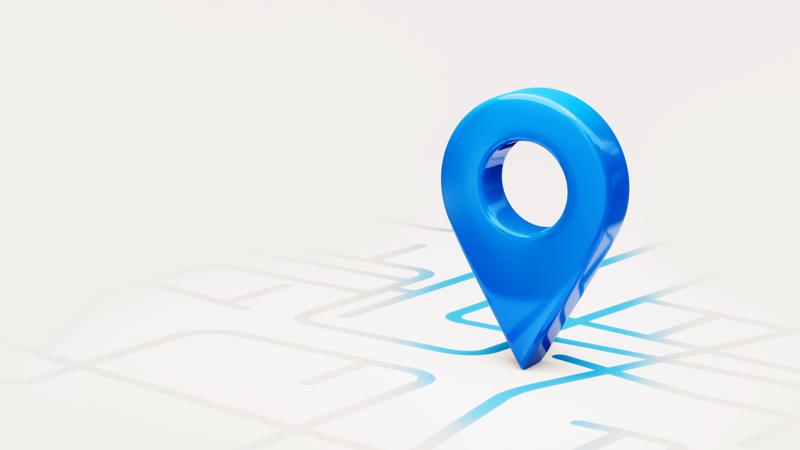Higher Paying Job Opportunities with An Accounting Degree
By understanding the types of accounting degrees, identifying your career goals, assessing program accreditation and quality, choosing between online and on-campus programs, considering the financial aspects, and being aware of professional certification requirements, you'll be well-prepared to find the accounting degree that best suits your needs.
In the ever-evolving landscape of finance and business, accounting stands as a pillar of operational necessity and strategic management. An accounting degree is not only a ticket to a world of numbers and ledgers; it's a versatile tool that opens doors to various high-paying career opportunities. This comprehensive exploration will delve into the facets of accounting degrees, highlighting the array of options for obtaining such credentials, the rapidity with which one can enter the field, the convenience of online education, and the earning potential that these degrees unlock.

How Fast You Can Earn a Degree
Accounting degrees come in several forms, ranging from associate degrees to doctoral programs. The duration required to earn these degrees varies based on the level of education and the institution offering the program. An associate degree typically takes two years to complete and provides a foundational understanding of accounting principles, making it a quick pathway into entry-level positions or a stepping stone toward a bachelor's degree.
A bachelor's degree in accounting is the standard qualification for most accounting careers and typically requires four years of full-time study. However, some universities offer accelerated programs that allow students to complete their coursework in a shorter time frame, sometimes within three years. For those eyeing higher-level positions or specialized fields, a master's degree, such as a Master of Accounting (MAcc) or Master of Business Administration (MBA) with a concentration in accounting, can be attained in one to two years following a bachelor's degree.
Lastly, for the most ambitious, doctoral programs in accounting, such as a Ph.D. or a Doctor of Business Administration (DBA) with a specialization in accounting, can take anywhere from four to six years post-master's degree and are typically pursued by those seeking careers in academia or high-level research.
How You Can Earn a Degree Fully Online
The digital age has brought education to our fingertips, and accounting degrees are no exception. Prospective students now have the option to pursue their accounting education online, offering flexibility and accessibility to those balancing work, family, and other commitments. Many reputable institutions offer fully online accounting programs that mirror their on-campus counterparts in terms of curriculum and rigor.
For instance, the University of Alabama at Birmingham offers an online Bachelor of Science in Accounting program that prepares students for the Certified Public Accountant (CPA) examination. Penn State World Campus extends an online Bachelor of Science in Accounting as well, designed for those seeking careers in government, industry, or public accounting. These online programs often provide the same faculty, resources, and networking opportunities as in-person programs.
Graduate programs are also available online. The University of Massachusetts-Amherst's Isenberg School of Management provides an online Master of Science in Accounting that has received high rankings for its quality and value. On the doctoral level, Capella University offers a DBA in Accounting online, tailored for professionals aiming to become leaders in the field.
How Much You Can Make with a Degree for Your Next Career
An accounting degree can be a powerful asset in securing a well-compensated position in the field of finance. The salary potential varies by degree level, geography, industry, and experience. According to data from the U.S. Bureau of Labor Statistics (BLS), the median annual wage for accountants and auditors was $73,560 as of May 2020. However, with additional certifications such as CPA or Certified Management Accountant (CMA), as well as specialization and experience, salaries can escalate significantly.
For example, those with a bachelor's degree in accounting can start their careers as staff accountants, financial analysts, or tax associates, with starting salaries ranging from $50,000 to $70,000. With a few years of experience and possibly a master's degree, individuals can move into roles such as accounting manager, controller, or finance director, where salaries can range from $80,000 to well over $100,000.
Senior-level positions, such as chief financial officer (CFO) or partner in a public accounting firm, often require extensive experience and higher education. These roles come with six-figure salaries that can exceed $150,000 annually. Additionally, those with an entrepreneurial spirit who start their own accounting firms or become consultants have the potential to earn even more, depending on the success of their businesses.
Universities Offering Accounting Degrees
Several top universities are renowned for their accounting programs, each offering unique advantages and career potential. For instance, the University of Texas at Austin's McCombs School of Business is highly regarded, with its undergraduate and graduate accounting programs consistently ranked among the nation's best. Graduates from McCombs are sought after by major accounting firms and corporations, enhancing their earning potential and career prospects.
The Wharton School of the University of Pennsylvania also offers a prestigious accounting program, particularly at the graduate level. Its alumni network and reputation in the business world position its graduates for high-level roles in finance and accounting.
Another notable institution is Brigham Young University's Marriott School of Business, which provides a top-tier undergraduate accounting program with a high CPA exam pass rate. Its graduates are known to secure positions in some of the most respected accounting firms in the country.
An accounting degree serves as a gateway to a stable and lucrative career. With flexible educational pathways, including fast-track and online options, individuals can tailor their learning to their personal circumstances and career goals. The earning potential associated with accounting degrees is substantial, with opportunities for advancement and increased compensation as one gains experience and further education. Leading universities across the globe offer accounting programs that not only equip students with the necessary skills but also provide a competitive edge in the job market. As businesses continue to recognize the critical role that accounting professionals play, the value of an accounting degree remains indisputable in the quest for a rewarding career in finance.











